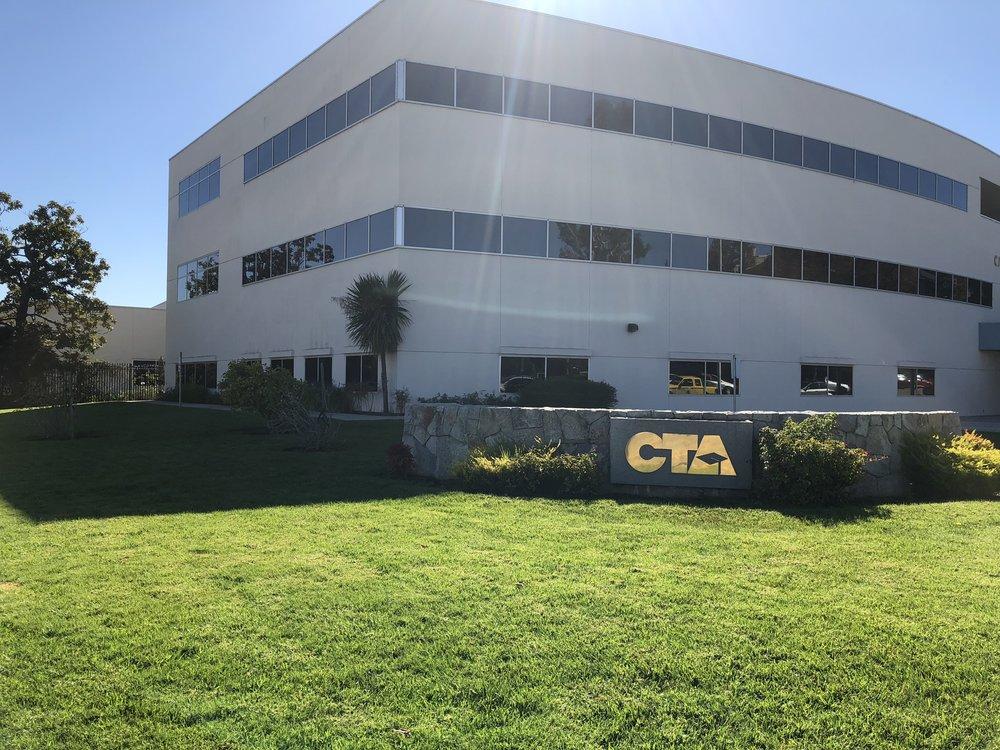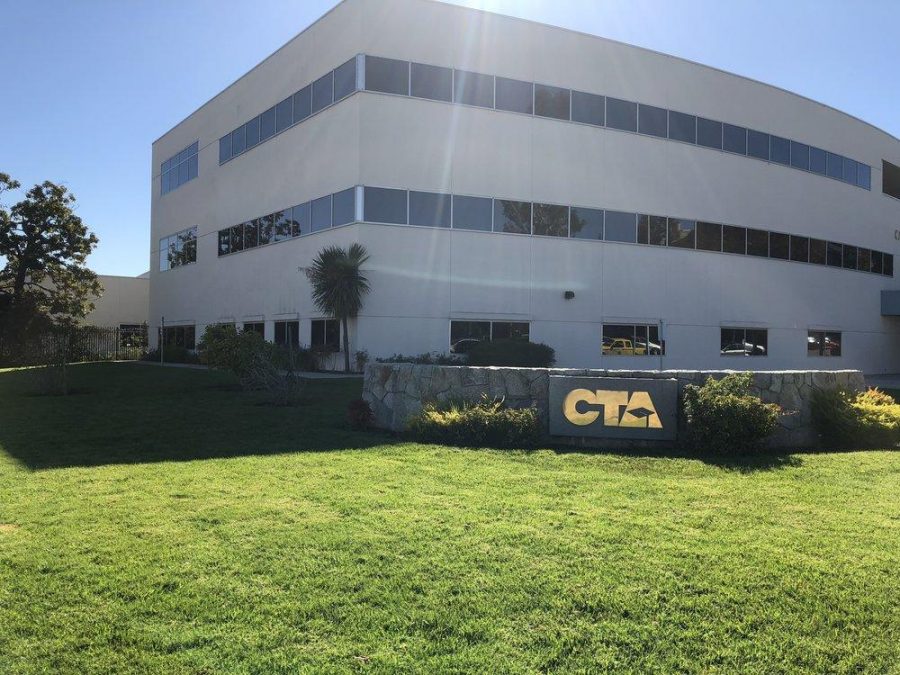California Teachers Association faces uncertain future following Janus decision
As public sector workers, teachers bargain with elected representatives who receive campaign donations from these same unions. This may be seen by some as an unacceptable influence of money on politics.
November 22, 2018

As public sector workers, teachers bargain with elected representatives who receive campaign donations from these same unions. This may be seen by some as an unacceptable influence of money on politics.
The First Amendment and free public schooling are two privileges Americans enjoy, and the Supreme Court recently made a landmark ruling affecting both of them. In a June 27 decision on Janus v. American Federation of State and Municipal Employees, the Court affirmed the right of non-union members to not have to pay agency fees (union dues that non-members must pay in return for receiving collective bargaining benefits). Unions around the country, including the California Teachers Association (CTA), voiced displeasure with the decision, citing how agency fees are necessary to sufficiently finance unions. Janus has the potential to drastically alter the nature of public unions, thereby affecting public school teachers nationwide.
The issue gained national notoriety in 2016, when a nonprofit legal organization, the Center for Individual Rights, representing 10 teachers and a Christian education group, sued the CTA for forcing its clients to pay agency fees, or union dues that non-members must pay in return for receiving collective bargaining benefits. The plaintiffs argued that forcing someone to give money to an inherently political organization was an infringement on First Amendment rights. The Court of Appeals for the Ninth Circuit sided with the CTA, but an appeal sent the case to the Supreme Court, where it stalemated 4-4 due to the sudden death of Antonin Scalia. The Supreme Court subsequently left the Ninth Circuit’s decision in place, which was a major victory for teachers’ unions nationwide. In the meantime, a similar case was brewing in Illinois, where three state employees sued the state for forcing them to pay agency fees. Janus v. AFSCME eventually made its way to the Supreme Court this summer and the Court’s conservative majority sided with the plaintiffs: “Because the compelled subsidization of private speech seriously impinges on First Amendment rights, it cannot be casually allowed.” The ruling broke with precedent by undoing the 40-year-old Abood v. Detroit Board of Education ruling, which said that agency fees were constitutional.
“I think that nonmember teachers shouldn’t pay agency fees because if they are not part of the union they shouldn’t be forced to pay, ” sophomore Marc Magdadaro said. “I see it like paying for a membership to an organization you don’t want to be a part of.”
BHS history teacher Annie Miller contrasted Magdadaro’s argument. “The issue is when people don’t pay for the benefits they get. I see agency fees as ‘you pay for what you get.’ If you want the protection of the union and you want the benefits of the union, you have to pay for it, just like anything else in life,” Miller said.
Miller also praised the union’s positive aspects.
“At all points, teachers benefit from the union because we have union representatives who do things that we don’t all have the time to do. I benefit everyday from the union, and just based on human nature, it’s such a benefit that I don’t always see the rewards until I need them,” Miller said.
The conversation about the role of teachers’ unions and the constitutionality of agency fees will remain a prominent and likely unresolved issue for years to come and an issue that will directly affect Burlingame and its faculty.






































